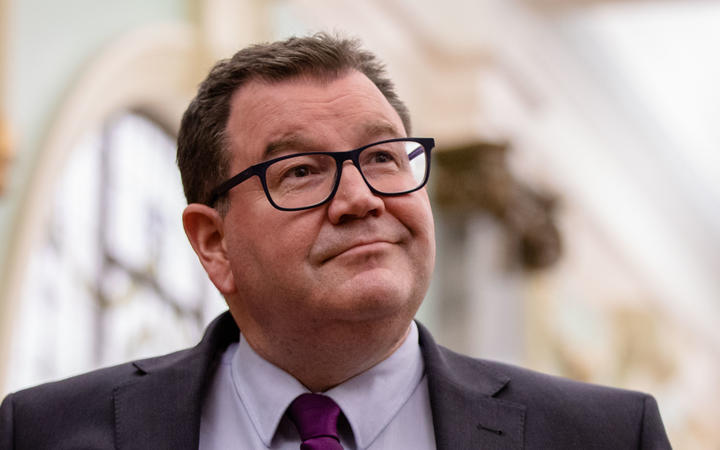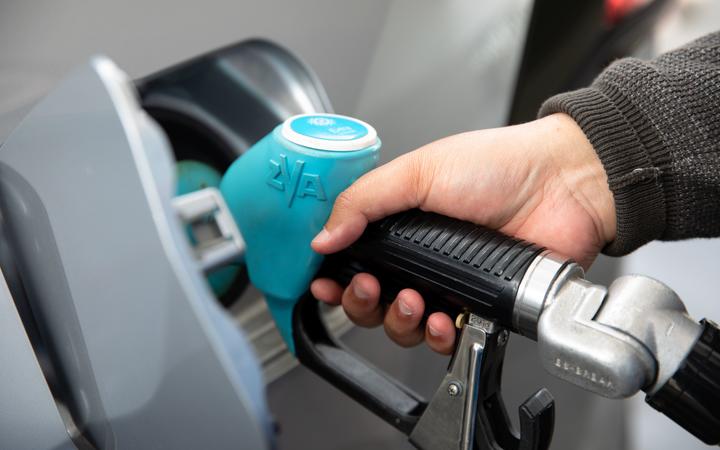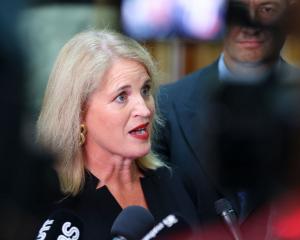On Wednesday afternoon a litre of unleaded 91 in Christchurch ranged from $2.69 to $3.10. Petrol is hitting more than $3 per litre in many other regions, too, including Canterbury.
- First published by RNZ
- Soaring petrol prices hit the pocket
- Bread price hike expected
- Inflation surge: What you need to know
Deputy Prime Minister Grant Robertson told First Up he did not see prices going to $4 per litre "but I don't think we've seen the end of petrol price rises".
"We'd seen a 30 per cent rise in the last quarter of the last year ... that was before the Russian invasion of Ukraine.
"We do need to understand that the longer the conflict goes on in Ukraine, the biggest impact economically for New Zealand will be around the cost of fuel."
He said every cent collected from petrol tax went straight back into roads, so making changes there would have long-term consequences.

Robertson acknowledged there was a lot of pressure on households' finances.
"We've got huge pressure to build roads, to reduce congestion in Auckland, so there's a balance to be struck there."
Automobile Association principal advisory Terry Collins said the short-term outlook was that things would only get more expensive.
He told First Up the last time barrel prices were this high was back in 2008, around the global financial crisis.
He said last week a barrel of oil was $US92, today it is $US128 - a 37 per cent increase in a week.
"I am seeing 91 petrol in Wellington ranging from $3 and to $3.33."
Collins said generally larger towns and cities had cheaper fuel.
He said the high price of petrol would be reflected in higher prices across all products that were made using petroleum like plastic, tyres, and in the pharmaceutical industry.

Russia is the third largest oil producer in the world; and the BBC says oil and gas made up 60 per cent of Russian exports in 2019 and funded about 39 per cent of the federal budget.
Now, energy companies are seeking assurances they are not inadvertently funding Russian President Vladimir Putin's regime.
Gull general manager Dave Bodger told Morning Report about 5 per cent of world crude oil supply would become unavailable for countries that were abiding by the ban.
"It's effectively stopped now for future flows.
"But does Iran come online? They have large floating storage. Is there a leak of Russian crude into the likes of China and India, and that enables supply to flow to other places."

"I think overall from the New Zealand point of view, supply will continue to flow.
"This is about a ... very unpleasant price effect, but supply will continue to come through."
He said he was optimistic about refined oil prices a few days ago when they stabilized in Singapore for a day.
"Let's cross fingers that there is some stabilization ... but I'm not optimistic at this stage, unfortunately."
He was hoping prices did not reach $4 per litre.
Bodger said it could take up to five days for the impacts of barrel costs to reach the fuel pump here.
However, looking at world markets Reuters reported that energy, which has been the standout sector performer in 2022, fell 4.3 per cent as benchmark brent crude slid to about US$110 a barrel from over US$130 earlier in the week.
And there are reports that Iraq and the United Arab Emirates are ready to increase production to offset bans on Russian imports.













